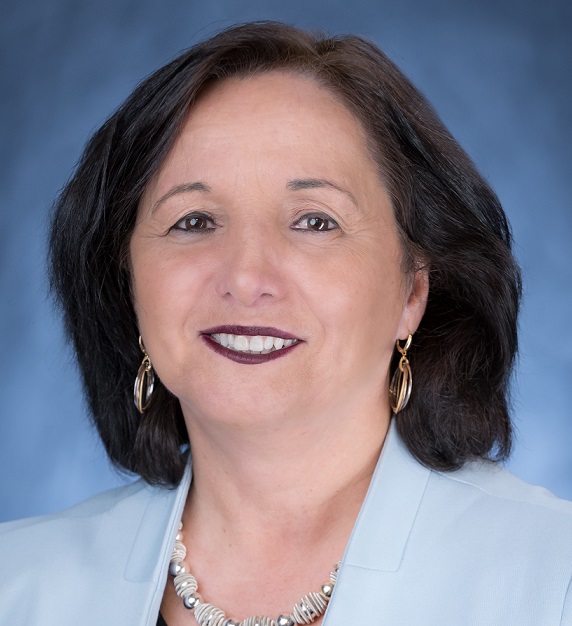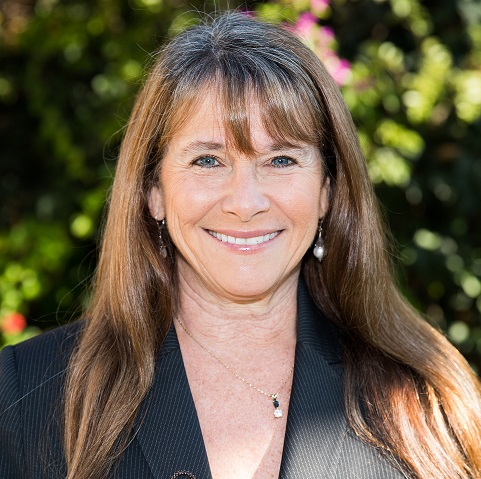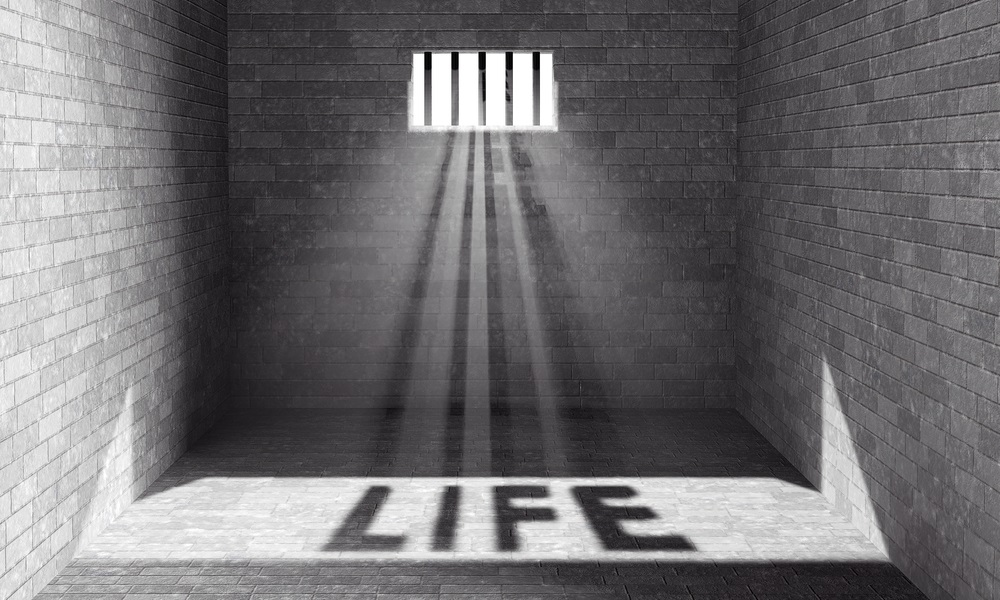![]() A viral video in August showed an 8-year-old boy being arrested at his elementary school in handcuffs that slid off his tiny wrists. A police officer can be heard telling the child, “You’re going to jail.” Sadly, this is just the latest disturbing example of the uniquely American phenomenon of vilifying and overpolicing our nation’s children.
A viral video in August showed an 8-year-old boy being arrested at his elementary school in handcuffs that slid off his tiny wrists. A police officer can be heard telling the child, “You’re going to jail.” Sadly, this is just the latest disturbing example of the uniquely American phenomenon of vilifying and overpolicing our nation’s children.
America incarcerates more people under 18 than any other nation and is the only country in the world to condemn its children to die behind bars, with no chance of freedom or hope for redemption. For these “juvenile lifers,” no matter their progress in treatment or rehabilitation, their home from the age of 15 — or whenever they were sentenced as a child — is a jail cell.
This is not only a draconian approach at odds with undeniable science showing that youth who have committed even serious offenses can be successfully rehabilitated, it also perpetuates unconscionable racial inequities. The majority of kids we throw away through these juvenile life without parole (JLWOP) sentences are Black. Our system is sadly predisposed to see the humanity in white children more than children of color; approximately 70% of children sentenced to life without parole have been Black since 2012.
Even though the Supreme Court has dramatically limited JLWOP sentences, this practice lives on, and with the composition of the highest court in question, it’s unclear what future courts will do with this doctrine. By one estimate, as of 2018, 2,500 people were still serving life sentences imposed for grievous mistakes they made as children.

Buta Biberaj
Over 350 of those children are in Michigan and 720 are in Virginia — where a change in law supported by elected commonwealth’s attorneys recently ended that practice. In many jurisdictions, prosecutors perpetuate these practices by continuing to seek JLWOP sentences and opposing resentencing for individuals charged as children.
As this country faces a reckoning over a racist history that continues to drive mass incarceration, there are few more disheartening examples of policies we must end. And Americans welcome that change.
Most people agree kids can change
A recently released national poll found that more than two-thirds of voters agree that children who received long prison terms should have their sentences reviewed.
- Over two-thirds of voters, including over two-thirds of Republicans, believe that all children, including those convicted of crimes, have the capacity for positive change.
- Over two-thirds of voters, across all ideologies, believe that people who committed crimes as children should have their sentences reviewed after no more than 15 years and be released if a parole board concludes that they no longer pose a public safety threat.
- Fifty-seven percent of voters, including over 50% of Republicans, agree that no one should be sentenced to life in prison without the opportunity for parole for crimes committed as a child.
As this polling recognizes, kids differ from adults in fundamental ways. Before the age of 25, young people have underdeveloped brains impairing judgment and impulse control and are less able than adults to foresee the consequences of their actions.

Carol Siemon
This also makes them more likely to learn from their behavior and change. When provided with appropriate treatment that addresses the root causes of their behavior, they are more amenable to rehabilitation and are particularly likely to “age out” of criminal behavior.
At the end of the day, isn’t rehabilitation and safe reentry the goal, rather than throwing away human lives? By creating “juvenile lifers,” we as a society are robbing children of their humanity, their future and their potential. We as a society are robbing ourselves of our children, our humanity and our future.
Putting kids behind bars for life simply does not make our society safer, nor does it reduce recidivism. It is also extremely expensive, particularly when compared to more effective treatment options, and often is at odds with the wishes of victims and their families. One survey found that 61% of crime victims support investment in rehabilitation and crime prevention rather than long prison terms.

Miriam Aroni Krinsky
As our nation grapples with the current pandemic, the destruction wrought by JLWOP sentences is even more dire. Many of the people seeking resentencing are now in their 40s, 50s and 60s. They have lived their entire adult lives in prison for behavior committed when they were children. And they now face grave risks from a virus rapidly spreading through our nation’s prisons.
Voters understand that this starting point is wrong. It is as clear as the disturbing visual of a young child being handcuffed. It is time for policymakers to align with public sentiment, treat kids like kids, and abolish juvenile life without parole — once and for all.
Buta Biberaj is the commonwealth’s attorney for Loudoun County, Virginia.
Carol Siemon is the prosecutor for Ingham County (Lansing), Michigan.
Miriam Aroni Krinsky is a former federal prosecutor and the executive director of Fair and Just Prosecution, a national network of elected prosecutors working toward common-sense, compassionate criminal justice reforms.

Second Chance for GA Juvenile Lifers
https://www.change.org/Gajuvenilelifers
https://youtu.be/6X5lYvvgKf4
Please free all children from life sentences. Children are not adults and everyone with common sense knows this. It’s unfair to try a child as an adult when you are unable to try an adult as a child. I agree for all juveniles who was tried as something that they were not. It’s time to change these laws in the United states. These laws are unfair and uncivilized. How does the only most developed nation in the world have the worst prison system?
I agree. This practice desperately needs to change.
Thank you very much my husband is a juvenile lifer in 25 years he’s been fighting for his life from a child to a man and we are praying everyone agrees with ending it and he gets to home home to us and not die in prison
I am the Executive Director of a Juvenile Diversion Program in prince George’s County. Our States Attorney is an advocate of ending JLWOP. The States Attorney and staff have had success with gaining the release of an individual who was a juvenile of sixteen and sentenced to life. The States Attorney requested our Organization to work with and assist this person with re-entering society. The individual now works two jobs has reunited with their family and volunteers with our Organization. I will not hesitate to say that it would have been an absolute waste to have kept this person incarcerated for life. There are (even in this case) an exception to the rule. That rule being “lock them up and throw away the key”.
Yes I agree 100%